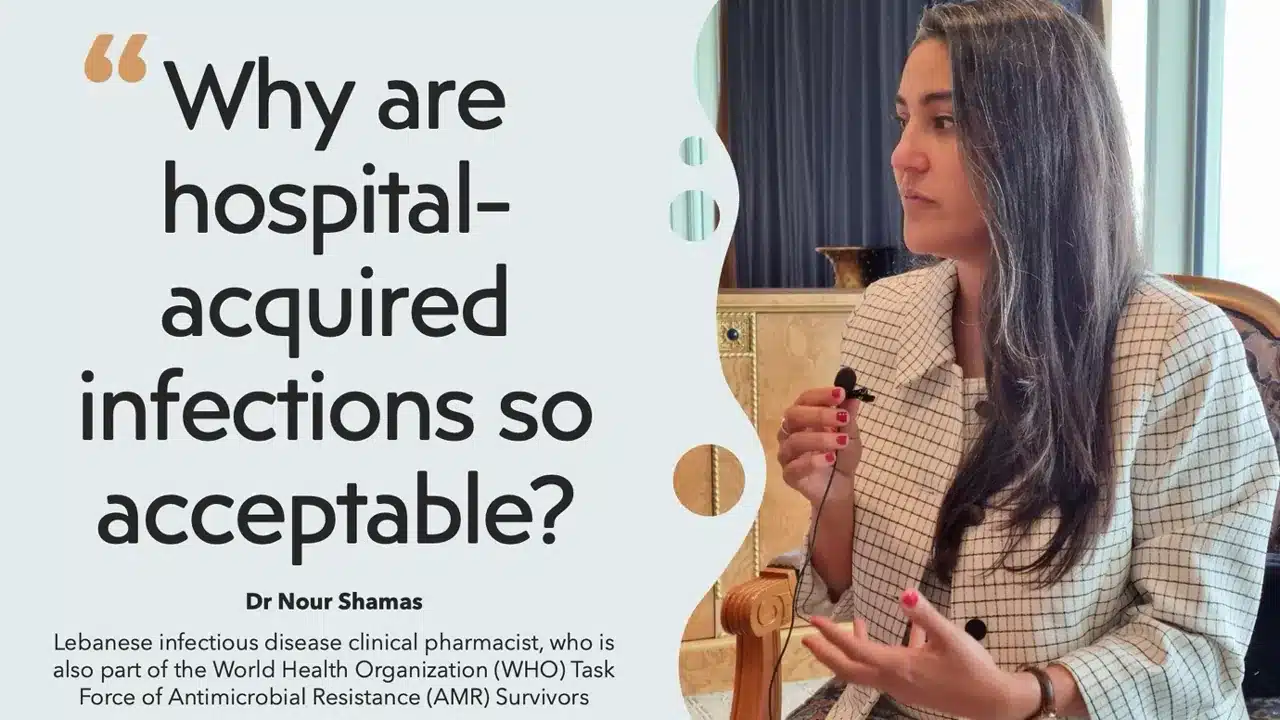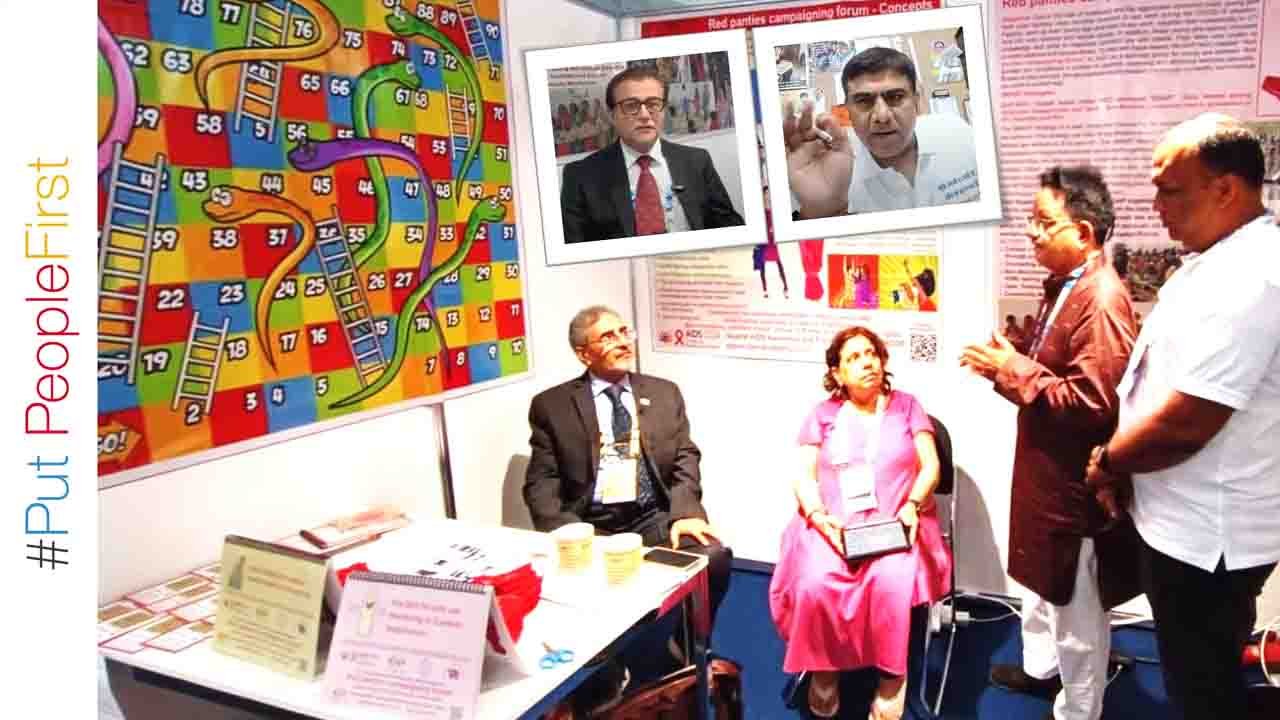Health
#WorldLocalizationDay: Peasants rise up to demand genuine food-system reforms
Food nourishes life. Our farmers produce more than enough food to feed all the people on the planet but due to socially unjust and ecologically unsustainable food systems, many people are forced to go hungry. Moreover farmers who help nurture life, continue to struggle for their livelihoods and human rights. In lead up to 2021 World Localization Day, farmers from all continents worldwide are uniting to demand genuine reforms in our food system that also localize supply-chains and help recover people’s connections to nature and community.
One of the most devastating policies that destroyed food systems is trade and investment liberalization. That is why farmers alongwith many more people worldwide have united to reverse such liberalization and call for localization so that we have socially just and ecologically sustainable food systems.
“When farmlands are productive and natural resources are plenty then why are our farmers so poor?” rightly questions Lito Lumapas from Philippines, who is a farmers’ leader from AMGL (Alyansa ng Magbubukid sa Gitnang Luzon or the Alliance of Farmers from Central Luzon). “All farmers want is genuine land reform by which we mean free distribution of land to its tillers.”
Despite several land reforms that were done by our governments in the past, free distribution of the land to its tillers is yet to become a reality. Sadder is the truth that often these so-called ‘land reforms’ have rather resulted in farmers being forced to become landless and corporations taking over the land for infrastructure projects. Agricultural land is widely seized from farmers and indigenous peoples to build roads, airports, subdivisions, buildings, dams, power plants, and other large infrastructure projects.
9 OUT OF 10 FARMERS ARE LANDLESS
That is why Arnold Gallardo from AMGL, who is also a radio broadcaster from the Philippines, stressed upon the demand for true land reforms. “Although several land reforms have been passed by the Philippines, yet little difference was made in lives of farmers as 9 out of 10 farmers are landless. That is why we are calling for true land reforms.”
Arnold Gallardo and Lito Lumapas were speaking as panelists at the ongoing fortnightly Peasants Rise Up Broadcast series co-hosted by Asian Peasant Coalition and PAN Asia Pacific’s “No Land No Life!” campaign and moderated by Christina Sayson from the Philippines and Bobby Ramakant from India.
Peasants Rise Up Broadcast Series is tackling issues of landlessness, land grabbing, corporate capture and control in agriculture, and human rights, currently faced by the peasantry across the Asian region. In coming September, the United Nations (UN) is organizing the Food Systems Summit. But many civil society groups and mass movements have been critical of this Summit due to the obvious corporate interests dominating the process and thus likely the outcomes. With its bias towards corporate monopoly capital to supposedly achieve the Sustainable Development Goals, this UN Food Systems Summit is likely to not challenge but rather perpetuate the neoliberal policy. Already, many governments are using Covid-19 pandemic to further restructure food and agriculture along neoliberal lines to entice more foreign capital. These are among the reasons driving the farmers and other civil society groups and mass movements to organize their own Global People’s Summit for a Just, Equitable, Healthy and Sustainable Food Systems.
RICE BOWL OF THE PHILIPPINES
Central Luzon region of the Philippines is incredibly significant for its food security and economy. This region is known as the rice granary of the Philippines because over 50% of the total rice production in the country is produced here by the farmers. But since the Rice Liberalization Law has been implemented, rice self-sufficiency of the Philippines has dropped from 90-95% in past decades to 79% in 2019, said Lester Gueta of KMP National (Kilusang Magbubukid ng Pilipinas – KMP – or the peasants’ movement of the Philippines). According to ‘Amihan’ (national federation of peasant women in the Philippines), this fall in rice self-sufficiency has also resulted in losses of up to Pesos 90 billion for rice farmers. Many other crops are also produced here such as corn, root crops like cassava and sweet potato.
But only one in ten farmers own the land she or he tills. Arnold Gallardo said that farmers only get the “portion-to-hand” as only a portion of their harvest goes back to them because rest of it goes in paying back the agricultural debt. Another big portion of the harvest goes to pay taxes to the landowners. Lito Lumapas alerted on the rising costs of agricultural production particularly of fertilizers, pesticides, and irrigation. Some farmers also spend on the oil or gas needed for the water pumps or other machinery.
BUILD-BUILD-BUILD: BUT FOR WHOSE BENEFIT?
Lito Lumapas shared that the Build Build Build project rolled out by the government in the name of so-called ‘development’ is resulting in shrinking of agricultural land which was earlier dedicated to production of vegetables and other staple crops. Such a project is also brewing humanitarian crises for farmers and the urban poor. From big dams all over the region of central Luzon (over 20 planned new dams) to highways or expressways, or megapolis to aquapolis, such projects slice through the farmlands like a knife slices a pizza.
Lester added that instead of supporting community-led irrigation systems, government is rather undertaking construction of huge dams supposedly to irrigate farmlands. But these dams are rather wreaking havoc for farmers as dams convert agricultural land and divert or disrupt the river flow away from the farm and farmers, which is pushing lot of farmers towards bankruptcy.
Lito Lumapas highlighted another such infrastructure project called New Clark City which will convert more than 9450 acres of farmlands, mountains and forests; and displace 60,000 affected individuals. Some farmers are being coerced to sell their lands because developers must acquire permission from the farmers to convert the land use. Lito Lumapas rightly questions why the infrastructure built earlier for ASEAN Summit and southeast Asian games is lying without much use for the local people?
“WILL WE EAT CEMENT?”
Central Luxon expressway is another example where over 200 hectares of land will be lost to farmers and it is likely that over 500 more hectares will be lost, said Arnold Gallardo. Such projects benefit the corporations but greatly disenfranchise the small farmers of the Philippines. More importantly, policies like Rice Liberalization Law and Build Build Build project go hand-in-hand as farmers are forced to sell their lands to make ends meet, thereby making it easier for infrastructure projects to acquire agricultural land and convert these into business parks, highways etc. “Will we eat cement?” rightly questions Arnold Gallardo with alarming rise of corporate capture and dwindling food sovereignty in the world.
Those who resist these so-called ‘development’ projects are often profiled, criminalized, and face extreme state repression in several parts of the world. Lito Lumapas said that when farmers try to protect food sovereignty and resist these projects they are branded as ‘leftists’, ‘communists’ or ‘terrorists’ and subjected to vilification campaigns, threats and harassments. In many communities of central Luzon, farming communities are even being harassed by armed state agents.
Lito Lumapas reassures that despite the grim situation and state repression against the poor and small farmers, they will continue to fight for genuine land reforms, rights of urban poor for decent housing, and stand against displacement of the local people.
As food sustains life, the writing on the wall is clear: hope for sustainable development where no one is left behind lies in genuine agrarian reforms and free distribution of land to those who till it.
Bobby Ramakant – CNS (Citizen News Service)
(Bobby Ramakant is co-hosting the ongoing fortnightly Peasants Rise Up Broadcast Series, and is part of CNS, Asha Parivar and Socialist Party (India) teams. Follow him on Twitter @bobbyramakant or read




